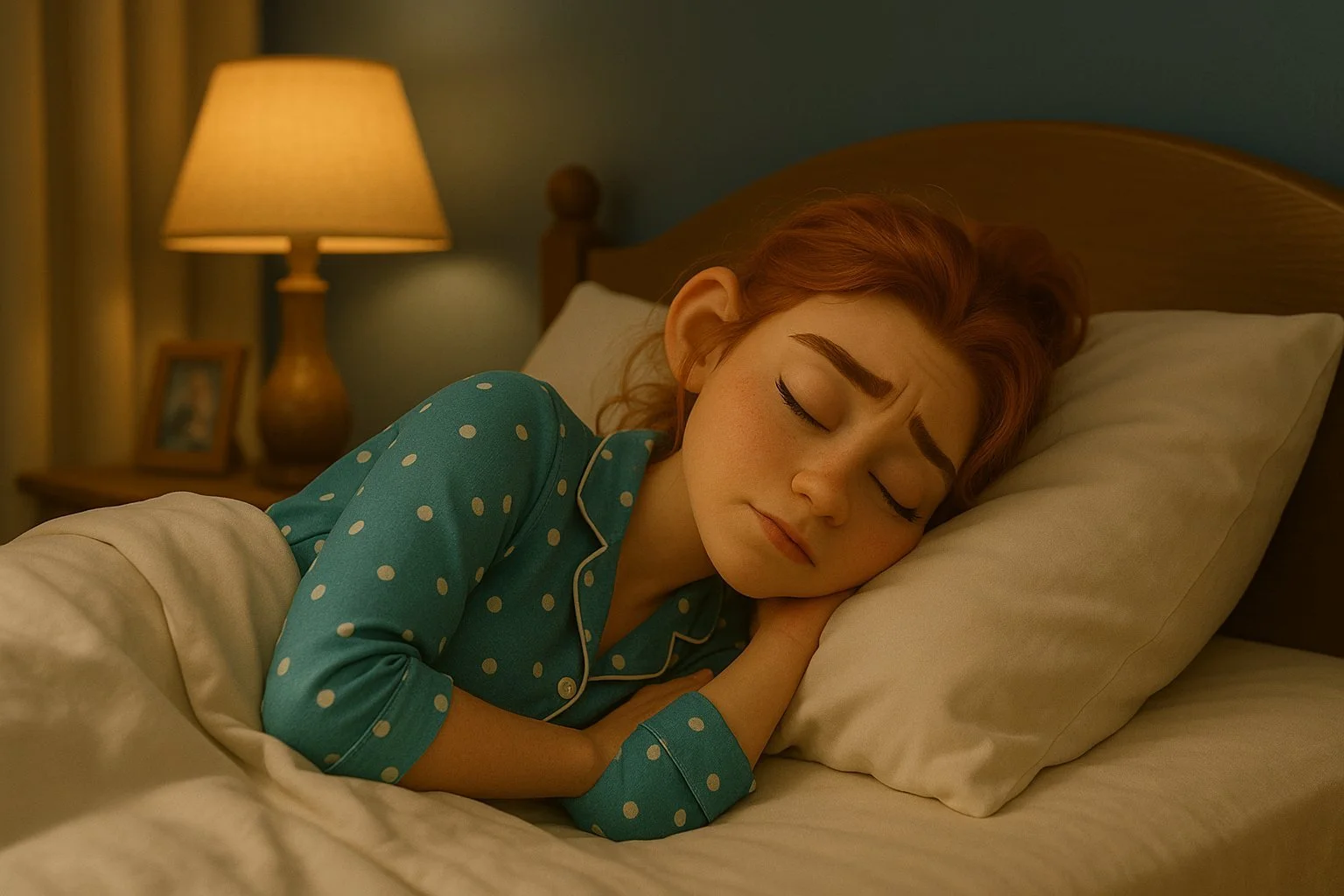
Health Studies Hub
Your go-to source for daily breakdowns of the latest health, fitness, and nutrition research.
Poor Sleep Drives Unhealthy Eating Choices.
In 2025, Andrea Bazzani and Ugo Faraguna from Italian universities wrote an editorial reviewing how eating and sleeping are linked. They looked at past studies showing poor sleep changes what we crave, like more sweets and high-calorie foods, due to hormone shifts like less leptin (fullness signal) and more ghrelin (hunger signal). This can lead to overeating and weight gain.
Sleeping In on Weekends Harms Your Health.
In 2023, Daniel P. Windred and a team studied sleep patterns in thousands of adults across multiple cohorts, finding that sleeping in on weekends, called social jetlag, disrupts your body’s internal clock. Each hour of jetlag raises heart disease risk by 11% and worsens mood, obesity, and unhealthy habits like smoking or poor diet. A 2019 study by C.M. Depner showed that catching up on sleep after five short nights still caused 10-15% worse insulin sensitivity and higher calorie intake, leading to weight gain risks.
Exercise Boosts Sleep Quality for Insomnia Sufferers.
In 2022, a team reviewed six studies with 295 adults to see how exercise helps insomnia. They found that regular workouts, like walking or yoga, improved sleep quality and cut insomnia severity by 20-30%, making it easier to fall and stay asleep.
Poor Bedroom Air Quality Ruins Sleep and Performance.
In 2015, J. R. Dalenberg and a team from Denmark conducted two field experiments with 30 students in dorm rooms. They tested ventilation by opening windows (low CO2: 660 ppm) or using a fan (low CO2: 835 ppm) vs. no ventilation (high CO2: 2,585 ppm or 2,395 ppm) for 1 week each. Sleep was tracked with wrist actigraphs, and next-day alertness via questionnaires and cognitive tests.
Glycine Reduces Daytime Fatigue After Poor Sleep.
In 2012, Makoto Bannai and team from Ajinomoto Co., Inc. tested 7 healthy men (average age 40.6) who slept 25% less than usual for three nights. They took 3 grams of glycine or a fake pill before bed, then rated sleepiness and fatigue using scales and questionnaires, and did computer tests for alertness and focus.
Irregular Sleep Patterns Boost Disease Risks Significantly.
In 2025, Yimeng Wang and team from Peking University studied 88,461 UK Biobank adults who wore wrist trackers for a week, followed for 6.8 years. They checked six sleep traits, like consistent bedtimes and steady rhythms, against 172 diseases, adjusting for age, diet, and lifestyle.
Oversleeping After Concussion Could Slow Recovery.
A 2025 cohort study of 291 Canadian youths (ages 10–18) found that sleeping more than 9.9 hours per night in the first two weeks after a concussion was linked to more severe symptoms and a higher risk of lingering effects at four weeks.
Feeling Stressed and Struggling With Sleep? B Vitamins Might Help.
A 2025 randomized, double-blind, placebo-controlled trial published in Nutrients found that supplementing with 100 mg each of vitamin B1 (thiamine) and B2 (riboflavin) daily for four weeks significantly reduced perceived stress and improved sleep quality in young adults.
Better Sleep May Help You Stay Strong as You Age—If Your Diet Backs It Up.
A 2025 study in Nutrients found that adults who slept longer and had better sleep quality also had stronger handgrip strength—but only when they consumed more protein and followed a higher-quality diet.
Caffeine doesn’t just keep you awake—it disrupts your sleep too.
A 2025 study from Université de Montréal, published in Communications Biology, revealed that consuming caffeine—even just a few hours before bedtime—can increase high-frequency brain activity during sleep. This is especially true for young adults, whose brains are more sensitive to stimulants.
Sleep Loss Can Harm Your Heart—Even in Just a Few Nights…
A 2025 study from Uppsala University found that even short-term sleep deprivation raises inflammation-related proteins linked to cardiovascular disease, even in healthy young adults.











